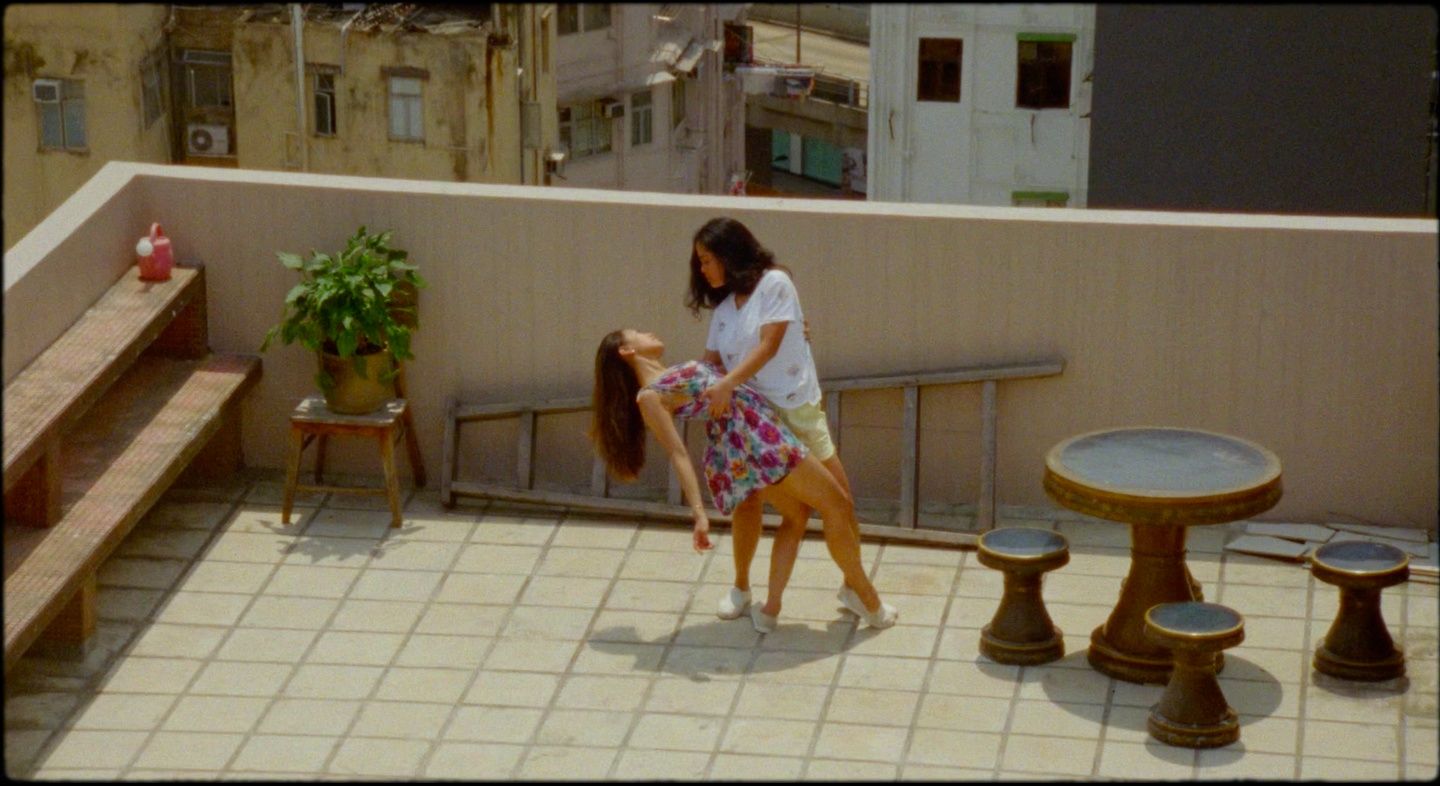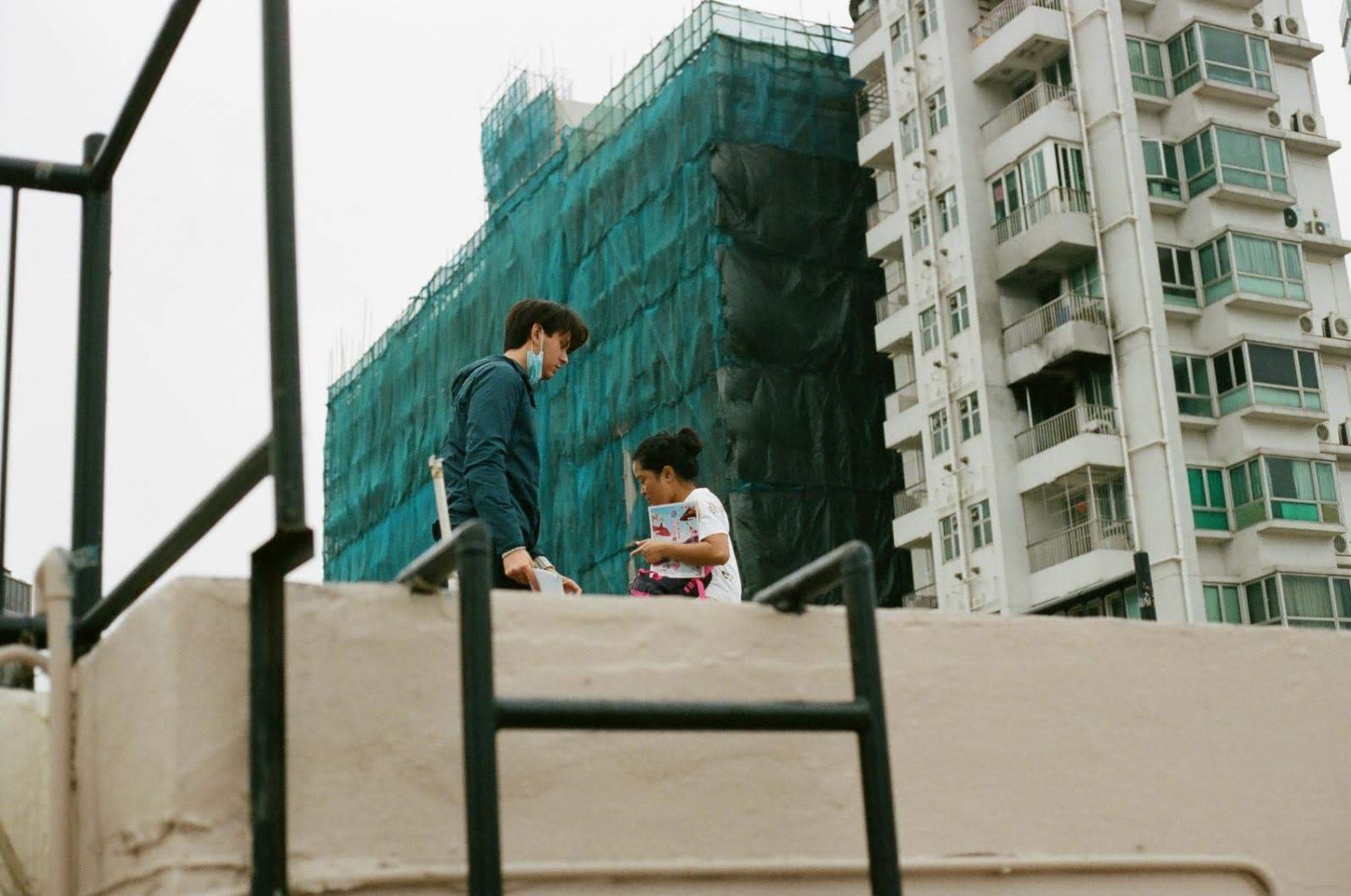First-time director Stefanos Tai discusses his feature ‘We Don’t Dance for Nothing’: premiering in Hong Kong on June 5, it underscores the hopes and dreams of one of the city’s most marginalised communities
When Stefanos Tai first saw domestic workers dancing in Central on Sundays in 2017, he was immediately captivated.
“Where I’m from, we don’t have this sort of phenomenon,” the filmmaker, who moved from his native New York City to Hong Kong five years ago, tells Tatler. “I thought it was incredibly special to see the city transform every Sunday.”
It didn’t take long for friendships to be formed. “They offered me food,” he says. “I joined their dancing—poorly—and we laughed constantly.”
It became clear to Tai that the workers’ dancing wasn’t just an expression of joy. Through their twirls, Tai also saw “regret and longing”—dance was a way to escape their troubles.
“These women so publicly grappled with their emotions—literally and physically, through dancing out in the open,” he says. “It was an inspiration that anybody could relate to, and I knew I needed to capture it on film in the most gorgeous way I could.”
Don’t miss: How Former Domestic Helper Xyza Cruz Bacani Became a World Class Photographer

Tai, who has been working as a filmmaker since 2009, then began planting the seeds for We Don’t Dance for Nothing.
Described by Tai as a “photo-montage love letter to the Filipina domestic workers of Hong Kong”, the film follows the story of a young domestic helper, H, portrayed by Miles Sible, who longs for freedom and independence.
We Don’t Dance for Nothing, which took four years to produce, marries still images shot in 16mm film with scenes of high-octane dance numbers—a combination that Tai says is “the first of its kind in the world” in filmmaking.
The goal, he adds, is to create something different and risky. “Rather than create a film that ‘talks’ about how the OFWs [overseas Filipino workers] might feel, we wanted to pull the viewer into the material, and create this visceral feeling of being ‘trapped’—which was so often described by our subjects,” he says.
Read also: Director of Bhutan’s First Oscar Nod on Being the Underdog and Happiness







